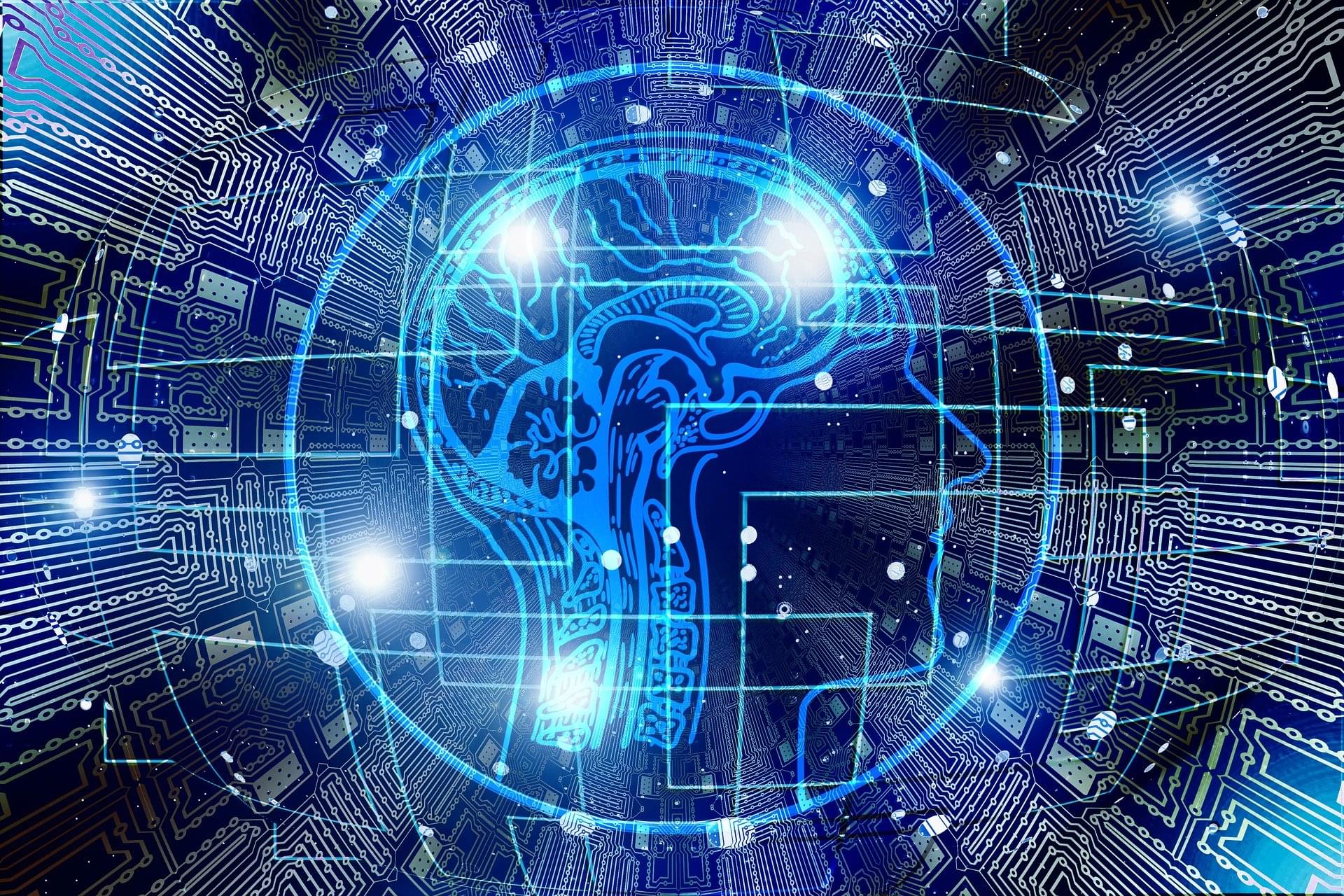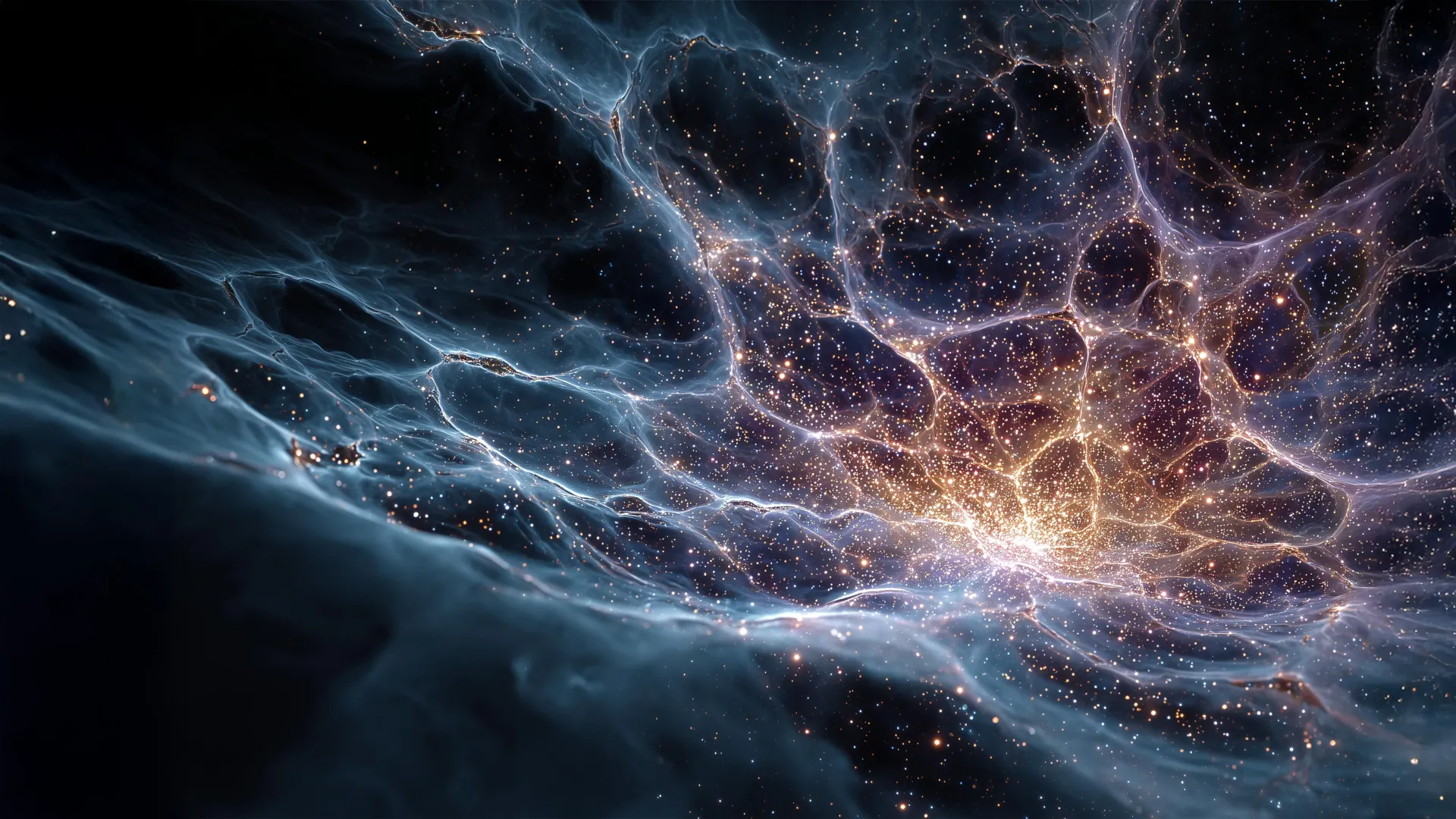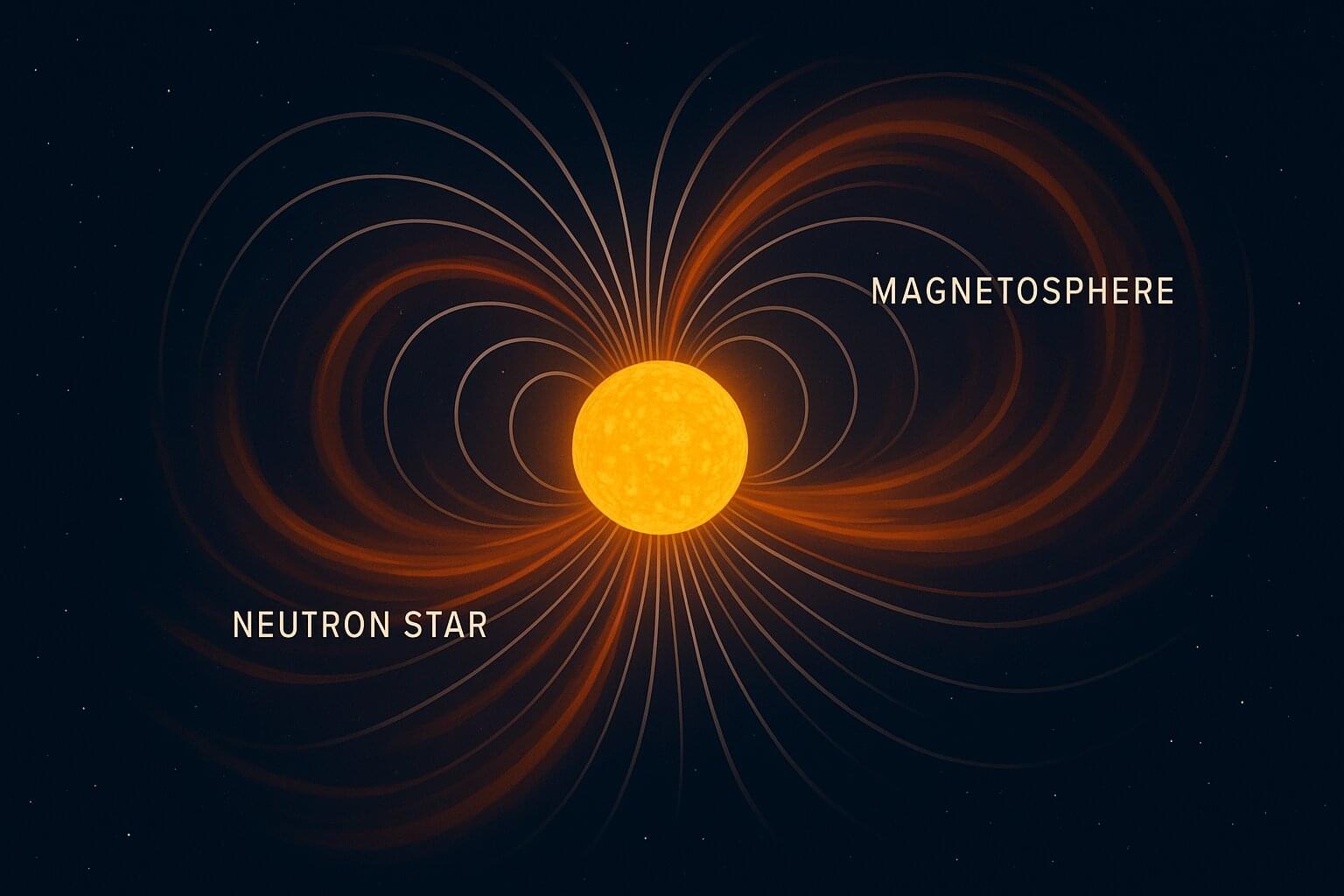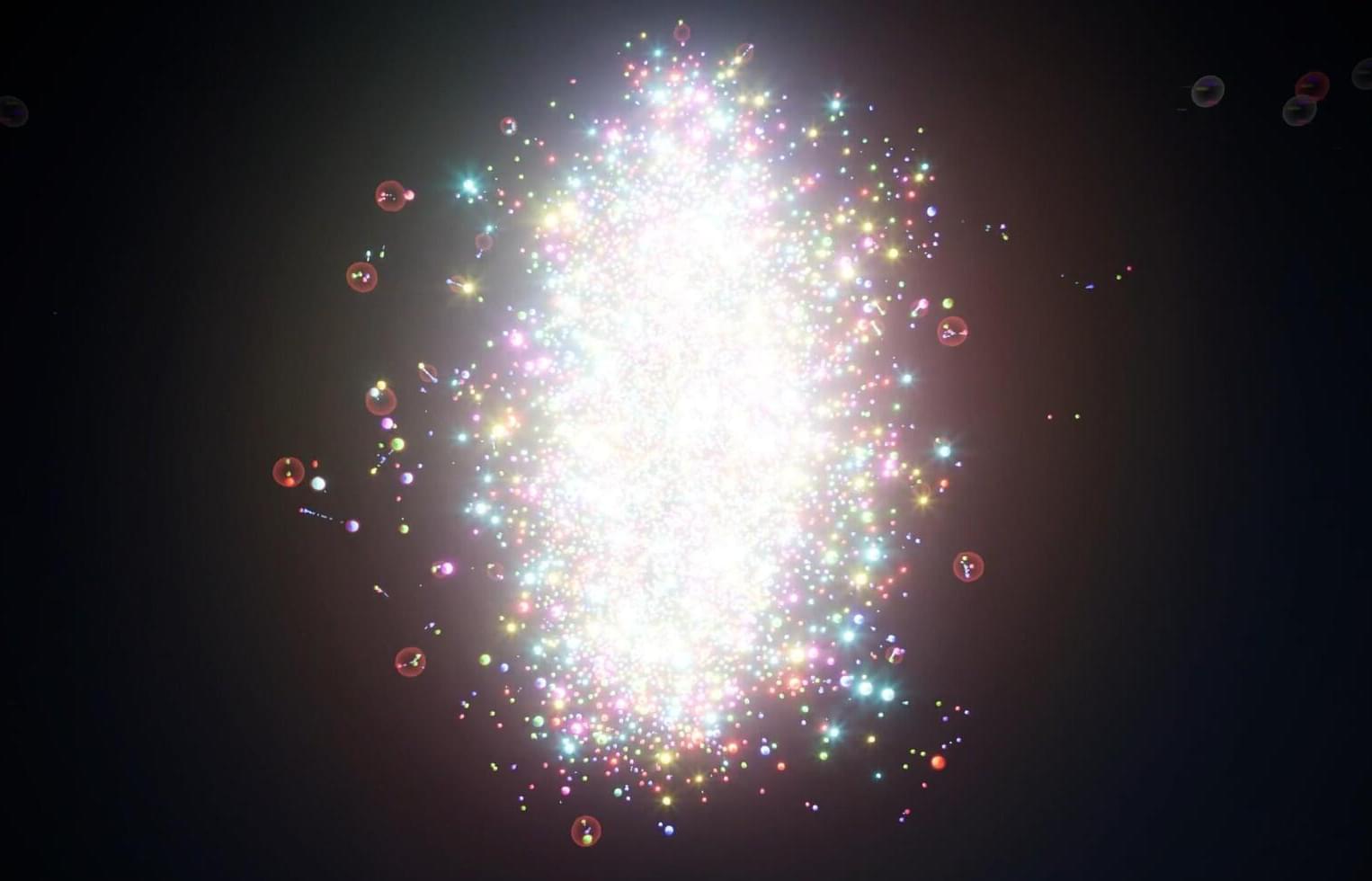Dark Matter remains one of the biggest mysteries in fundamental physics. Many theoretical proposals (axions, WIMPs) and 40 years of extensive experimental search have not explained what Dark Matter is. Several years ago, a theory that seeks to unify particle physics and gravity introduced a radically different possibility: superheavy, electrically charged gravitinos as Dark Matter candidates.
A recent paper in Physical Review Research by scientists from the University of Warsaw and the Max Planck Institute for Gravitational Physics shows that new underground detectors, in particular the JUNO detector that will soon begin taking data, are well-suited to detect charged Dark Matter gravitinos even though they were designed for neutrino physics. Simulations that bridge elementary particle physics with advanced quantum chemistry indicate that a gravitino would leave a signal in the detector that is unique and unambiguous.
In 1981, Nobel Prize laureate Murray Gell-Mann, who introduced quarks as fundamental constituents of matter, observed that the particles of the Standard Model—quarks and leptons—appear within a purely mathematical theory formulated two years earlier: N=8 supergravity, noted for its maximal symmetry. N=8 supergravity includes, in addition to the Standard Model matter particles of spin 1/2, a gravitational sector with the graviton (of spin 2) and 8 gravitinos of spin 3/2. If the Standard Model is indeed connected to N=8 supergravity, this relationship could point toward a solution to one of the hardest problems in theoretical physics — unifying gravity with particle physics. In its spin ½ sector, N=8 supergravity contains exactly 6 quarks (u, d, c, s, t, b) and 6 leptons (electron, muon, taon and neutrinos), and it forbids any additional matter particles.









